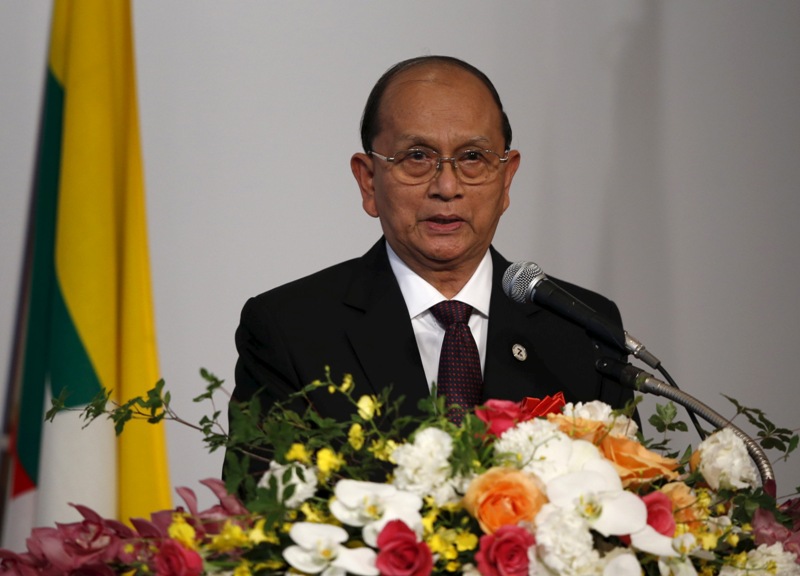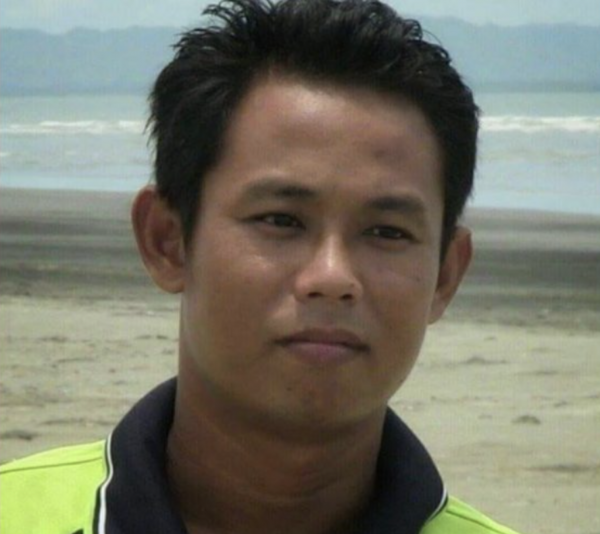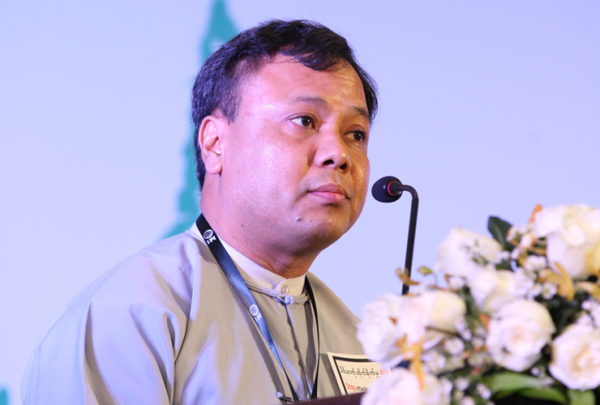This November, Myanmar will hold its first democratic general election since the end of nearly 50 years of military rule, but events of this past month raise questions about whether the press will be free enough to cover it fairly and informatively.
At IPI’s 2015 World Congress in Yangon in March, Information Minister Ye Htut declared the country’s reform process to be “irreversible”. However, a pair of incidents in July indicate that the Burmese media is still not able to operate freely without fear of repercussions, whether legal or physical. This month, two journalists received a hefty fine on the charge of defaming the president and the CEO of Eleven Media Group was attacked in his automobile.
The Pokeba Thiri Township Court in Naypyidaw handed two journalists working for the Myanmar Herald one million kyat (€700) fines each on July 21. The Ministry of Information had accused the journalists of defaming the president after the Myanmar Herald published an interview in which a member of the country’s main opposition party, the National League for Democracy, criticised President Thein Sein for equivocating about possible plans to run in the election.
The judge said that President Thein Sein was “like our parent”, and ruled that the article was defamatory and should not have been published, the Herald’s chief editor told local media. The judge assigned the maximum fine available under the News Media Law to former editor-in-chief Kyaw Swa Win and deputy editor-in-chief Ant Khaung Min. Nine others who were accused were acquitted.
“The case against the Myanmar Herald highlights the distance that Myanmar’s courts still need to travel to implement international standards on freedom of expression,” IPI Director of Press Freedom Programmes Scott Griffen, who is leading IPI’s work against criminal defamation and insult laws, commented. “Public officials in a democracy – the direction in which Myanmar says it is heading – must accept a high degree of criticism. It is the media’s job to examine political leaders and candidates to inform the voting public. This means, too, that the media cannot on principle be held liable for publishing comments by third parties that are clearly related to a question of public interest.”
Criminal prosecution is not the only force that limits freedom of expression in Myanmar. On July 14, five men reportedly attacked the car of Than Htut Aung, CEO of Eleven Media Group, while he was driving home from his office.
According to reports, the men waited in a taxi across the street until Than Htut Aung drove up, at which point two of them launched tyre nuts at the car from slingshots from a distance of two feet. They aimed for Than Htut Aung’s head and made a hole in the driver’s window, but Eleven Media’s CEO escaped injury. Two accomplices waited in the car, while a fifth man signalled the attackers. The assailants drove away after the assault, but the police have arrested the suspected driver and the man who is believed to have planned the attack. Both suspects denied the accusations.
Than Htut Aung told local media that he believes the attack was carefully planned because the attackers knew when to expect him to drive home from work. However, he indicated he would not let the incident curtail his organisation’s work, stating: “Such assault cannot prevent us from our ongoing stance and efforts and journalism standards of Eleven Media Group.”
Separately, on July 1, several leaders of a student protest were arrested and charged with violating the country’s penal code for not receiving permission before holding a protest. The students led a peaceful march on June 30 to protest military control of Myanmar’s parliament following lawmakers’ vote on June 25 not to remove the military’s effective legislative veto.
“If we had applied for permission [to hold the march], they wouldn’t have given it to us,” student leader Zayyar Lwin explained to local media. Other student protesters have been arrested this year as well.
At the International Press Institute’s 2015 World Congress in Yangon, a group of local journalists boycotted and protested the event for including Myanmar government officials. During Information Minister U Ye Htut’s speech to the Congress, one of the protesters stood up impromptu in the audience with a sign that read, “Stop beating, arresting, imprisoning journalists”.
Like the student protesters, the journalists did not receive permission to hold their demonstration. Unlike the students, however, the protesters at IPI’s World Congress have not been arrested or fined, according to Myint Kyaw, Secretary General of the Myanmar Journalist Network. Kyaw told IPI on Wednesday that the World Congress protesters are still reporting as usual and have not faced any repercussions for holding the demonstration.



